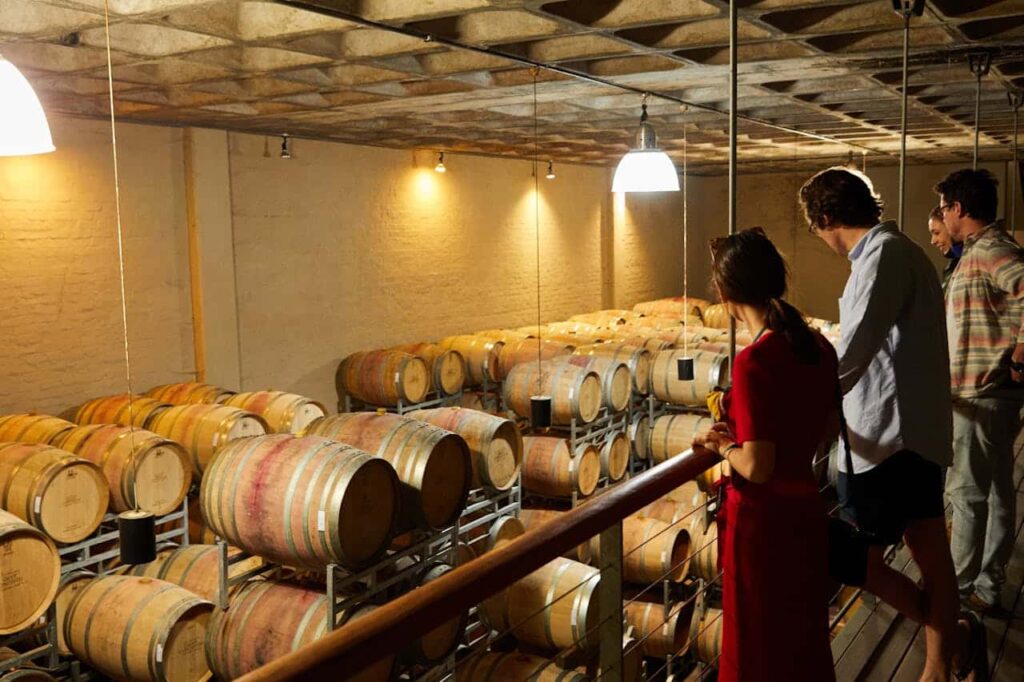
The principle that quality over quantity is the true foundation of a better drinking culture marks a significant and welcome evolution in societal attitudes toward alcohol. Moving beyond the historical narrative of consumption as a measure of conviviality or endurance, this shift re-frames drinking as an act of discernment, appreciation, and mindful well-being. It is a philosophy that champions flavor, craftsmanship, and experience, fundamentally transforming the role alcohol plays in our lives and social gatherings.
This paradigm is gaining considerable traction, driven particularly by younger generations who prioritize wellness, intentionality, and authenticity. They are not rejecting alcohol entirely but are actively seeking a healthier, more meaningful relationship with it, a movement encapsulated by the term “mindful drinking.” The goal is not abstinence (though that is a valid personal choice) but moderation rooted in deeper enjoyment, leading to a culture where fewer, better drinks become the norm.
The Aesthetics of Appreciation: Savoring the Craft
At its core, the quality-over-quantity approach elevates alcohol from a mere means to an end (intoxication) into an object of appreciation. This change is visible across all beverage categories:
- Craft Spirits and Cocktails: Consumers are increasingly drawn to artisanal distilleries and high-end spirits with traceable origins and unique flavor profiles. The focus shifts to the skill of the distiller, the provenance of the ingredients, and the artistry of the mixologist. A single, perfectly balanced craft cocktail, sipped slowly and savored, provides a far richer experience than multiple generic mixed drinks.
- Fine Wine and Beer: The market for premium, small-batch, and biodynamic wines continues to grow, as does the demand for complex, well-made craft beers. Drinkers are more interested in understanding the terroir of a wine or the specific hops in a beer, engaging with the beverage on an intellectual and sensory level. The ritual of selecting the right glass, appreciating the aroma, and noting the subtle tasting notes becomes part of the pleasure, inherently slowing consumption.
- The Rise of No- and Low-Alcohol (NoLo) Options: Perhaps the most compelling evidence of this cultural pivot is the explosion of high-quality NoLo spirits, wines, and beers. These sophisticated alternatives allow individuals to participate fully in the ritual and taste experience of drinking without the effects of alcohol. By offering complex, adult flavors, they enable a “premiumization of sobriety,” affirming that the social experience and sensory enjoyment are paramount, not the alcohol content itself.
The Health and Wellness Imperative
The quality-over-quantity mindset aligns perfectly with the broader global trend toward holistic health and wellness. In a culture that values clean eating, fitness, and mental clarity, excessive alcohol consumption is increasingly seen as counterproductive.
- Physical Well-being: Moderation naturally reduces the myriad health risks associated with heavy drinking, including liver damage, cardiovascular issues, and an increased risk of certain cancers. By choosing to drink less, individuals lower their overall calorie and sugar intake, supporting fitness and diet goals.
- Mental Clarity and Intentionality: Mindful drinking encourages individuals to be present and intentional about their consumption. This involves pausing before a drink to ask: Why am I drinking this? Do I genuinely want it, or is it habit/social pressure? This self-awareness reduces the likelihood of drinking on ‘autopilot’ or using alcohol as an unhealthy coping mechanism for stress or anxiety. The outcome is less physical hangover and greater emotional control, allowing for a clearer, more productive next day.
- Enhanced Social Connection: Ironically, drinking less can lead to better social experiences. When the focus is on a high-quality drink, it serves as an accompaniment to conversation rather than a catalyst for inebriation. Engagements become more meaningful, memories are clearer, and the focus remains on connection with others, not on reaching a state of intoxication.
Redefining Social Rituals and Etiquette
A quality-driven drinking culture necessitates a change in social dynamics and etiquette. It shifts the emphasis away from peer pressure and celebratory excess toward respect and sophisticated enjoyment.
- From Binge to Balance: The old culture often glorified binge drinking and equated heavy consumption with ‘fun’ or ‘manliness.’ The new culture refutes this, making it perfectly acceptable, even desirable, to nurse a single drink, switch to a non-alcoholic option, or abstain entirely. There is a growing social maturity that respects an individual’s limits without question.
- Elevated Hosting: For hosts, the focus moves from simply stocking a large, cheap supply of alcohol to curating a thoughtful selection. Offering a premium spirit, a selection of interesting mocktails, or a unique craft beer elevates the entire event. It signals that the host values the quality of the experience they are providing, not just the volume of consumption.
- Appreciation for the ‘Why’: The conversation around alcohol changes. Instead of comparing the number of drinks consumed, people discuss the story behind the spirit, the nuances of the cocktail, or the innovation of a new low-ABV brew. This intellectual engagement is a richer, more sustainable foundation for social enjoyment.
Conclusion: A Sustainable and Sophisticated Future
The move from quantity to quality is not a fleeting trend but a fundamental recalibration of our relationship with alcohol. It is a mature response to an increasing societal demand for well-being, authenticity, and conscious consumption. By embracing the principles of mindful choice, sensory appreciation, and elevated experience, this new culture allows individuals to derive maximum enjoyment from their drink of choice while minimizing the associated risks.
Ultimately, a better drinking culture is one built on respect—for the craft of the beverage, for the moment it enhances, and, most importantly, for one’s own health and intentionality. It is a philosophy that proves that when it comes to enjoyment, less truly is more.